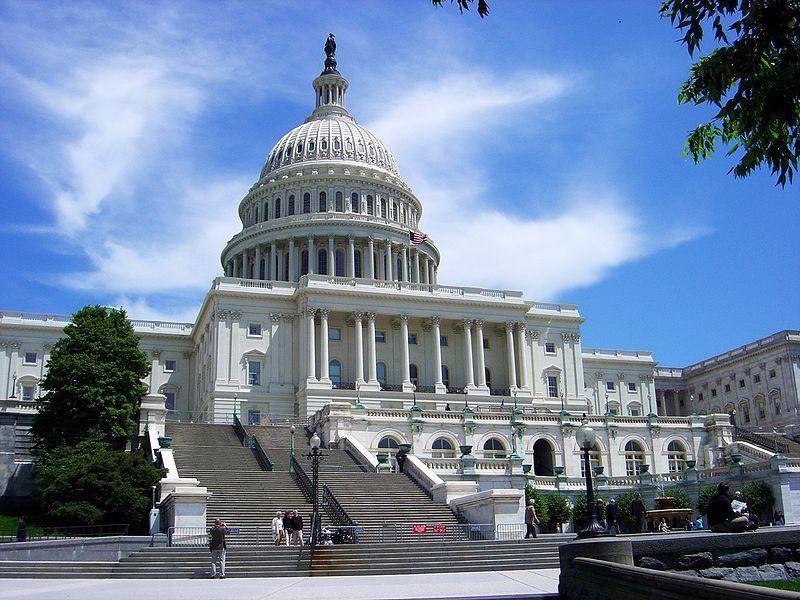Republicans, Democrats doing electoral calculus in determining support for taxes, healthcare
On Thursday, the U.S. Senate passed legislation granting incentives to employers who hire veterans.
Republicans want to repeal President Barack Obama’s healthcare reform bill. Democrats want to extend some of the George W. Bush-era tax cuts, but let other cuts expire.
Most Republicans, that is, and most Democrats. Fact is, in an election year, political calculus means that not everyone makes the same decision.
The New York Times reports that Republicans from moderate districts believe they should focus on passing an alternative to the President’s health care plan, in addition to repealing the Obama law. They’re worried a vote to repeal popular provisions of the bill, like a ban on exclusions for pre-existing conditions, could be used against them.
Meanwhile, Democrats are facing similar problems supporting Obama’s call to allow tax cuts to expire on Americans making more than $250,000 a year.
Top Democrat Rep. Steny H. Hoyer indicated he supported a $1 million income threshold, while retiring Sen. Ben Nelson, a Nebraska Democrat, called that a bare minimum, the Times reported.
“My druthers are to extend all of the tax cuts to continue the economic recovery,” Nelson said to the Times. “But if this leads to a compromise, Congress should at least extend the cuts for everyone under $1 million.”
Republicans want to extend the tax cuts for all Americans. House Republicans and Senate Democrats plan votes on their tax measures by the end of July.
Jonathan Weisman, a reporter for The New York Times, said many of the Republicans who are either moderates, or conservatives elected in districts that are moderate, or conservatives elected in districts that have been re-districted to become more moderate.
“They are under pressure. They will tell you they are under pressure because their voters may say that they don’t particularly like Obamacare, but they don’t particularly like the status quo either. And the Republican leadership just hasn’t shown what they would replace (Obamacare) with,” Weisman said.
Take Judy Biggert, she’s a Republican whose district was altered via re-districting. She’s said she’s like to repeal the law, but wants to keep the ban on pre-existing condition exclusions, the provision to allow people younger than 26 to stay on their parents health insurance and the prohibition on insurance companies kicking people off their insurance once they get sick.
“All of these things, the insurance companies said, cannot happen unless you have the mandate,” Weisman said. “The ideas is they could live with these kinds of fairly difficult and strict regulations, but they need to get a huge slew of new patients. And those new patients they expected to get through the mandate.”
On the flip side, some Democrats may also choose to vote against the healthcare law, because they’re in conservative districts and think it could help them appeal to voters. Either way, though, with Democrats controlling the Senate and the White House, the repeal movement won’t go anywhere, at least until Election Day.
Democrats have their own problems, as well, with a proposal to cut taxes on small businesses that hire new workers, hand out raises or buy new equipment. Many Republicans are opposed to the measure, they say, because it isn’t paid for.
At the same time, though, Republicans will at some point in the next month pass a measure to extend all of the Bush-era tax cuts, and that won’t be paid for either.
“This idea of whether or not a tax cut needs to be paid for has become very selective,” Weisman said.
Weisman says we’re in the silly season of politics. Nothing real will happen until after the election.
“Lawmakers are throwing up their hands and saying ‘the American people are going to have to sort this out.’ How this election turns out, who is in the presidency next year … whether the Senate stays in Democratic hands, goes to Republican hands, that will decide so much of how we proceed,” Weisman said. “From here till Nov. 7, we’re just talking about votes that are supposed to setup a contrast for the voters and the voters will have to decide.”
